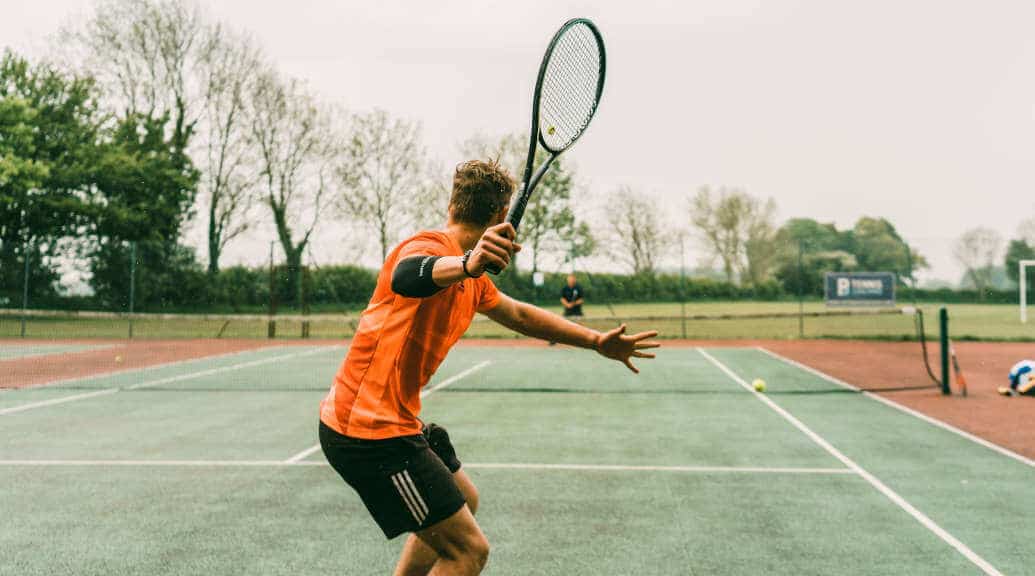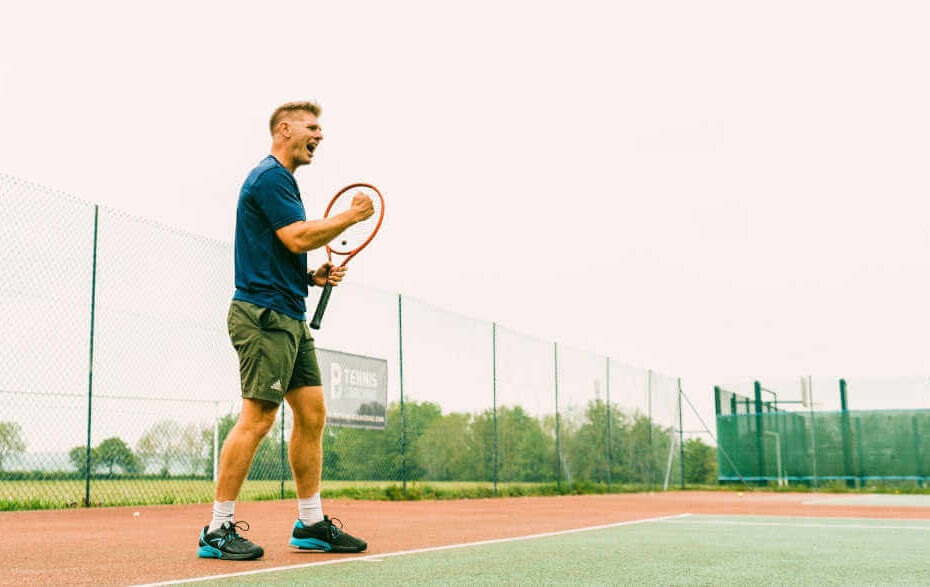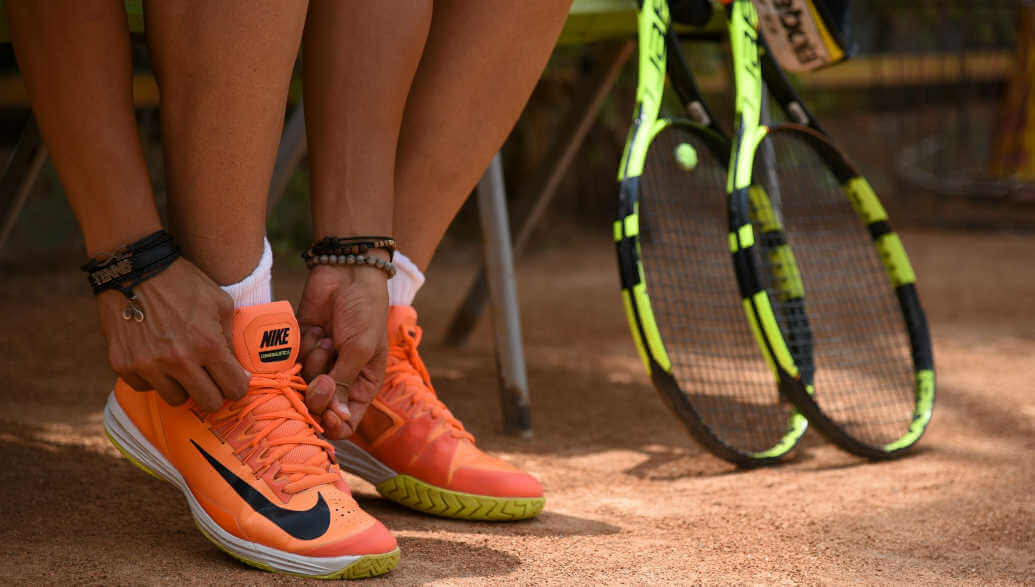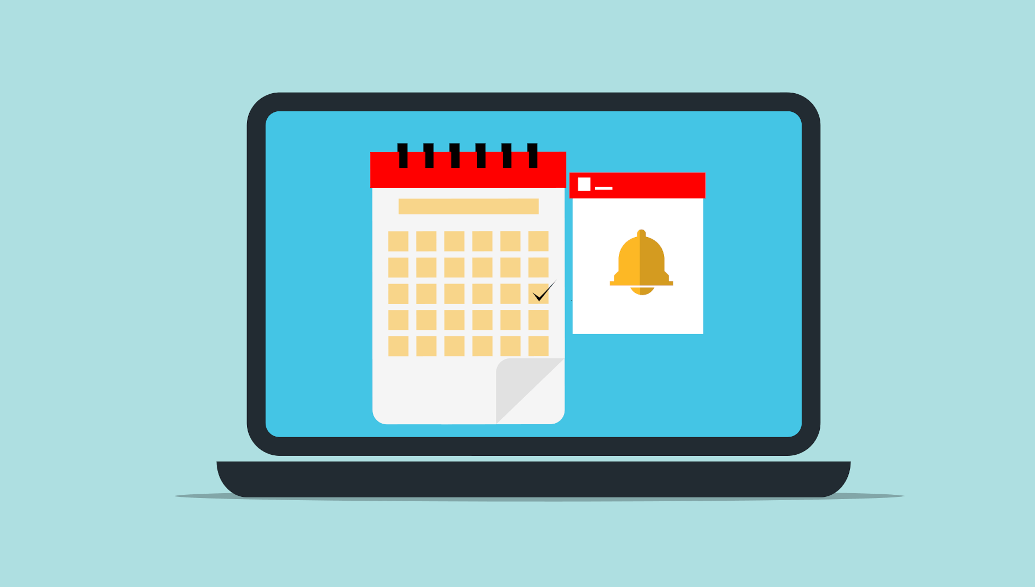Mental strength and concentration on the court are crucial to taking your game to the next level. Whether you have just started playing tennis or are already an experienced player, these tips and explanations can help you improve your mental fitness to keep a cool head in difficult situations on the court in the future.
Tennis concentration training: Why is mental strength so important for tennis?
- Pressure and stress management: Intense pressure is a constant companion in tennis, be it during crucial points, tie-breaks or close matches. A winning mentality in tennis helps players to deal with this pressure, reduce stress and stay calm and focused in crucial moments.
- Consistency in play: Players can be physically fit, but without mental strength in tennis, they tend to be inconsistent in their play. The ability to focus point by point and block out failures helps to maintain a stable performance throughout the match.
- Focusing on the moment: Mental strength allows tennis players to focus on the present moment. Distractions from past mistakes or future challenges can be avoided, leading to improved concentration and more effective execution of shots.
- Emotional control: The tennis court is often emotionally charged, and the ability to control emotions is crucial. Players need to be able to deal with frustration, anger or disappointment without it affecting their performance. Mental strength in tennis helps to channel these emotions and turn them into positive energy.
- Resilience in the face of setbacks: In tennis, you will inevitably face defeats and setbacks. Mental strength enables you to see these setbacks as learning opportunities and to recover quickly instead of being discouraged by them.
- Self-confidence: A confident state of mind is crucial for success in tennis. Practiced mental game strategies help you build strong mental armor. This confidence in yourself directly influences your willingness to take risks and master challenging matches.
- Strategic decision making: A clear mental state supports tennis players in strategic decision making. The ability to think calmly and make smart tactical decisions, even in stressful situations, is a hallmark of mentally strong players. Mental strength exercises and concentration techniques should therefore not be missing from private tennis training.
Our 17 top tips for mental strength exercises and concentration techniques
- Breathe deeply: The breath is an extremely helpful tool for controlling thoughts and emotions. Take a deep breath before the game and concentrate on your breathing during the game to reduce stress and stay calm. This tennis concentration training is very simple, but all the more effective for it.
- Visualize your success: imagine yourself executing every shot perfectly and winning the match. Positive images prepare you well for success. They are the basis for the winning mentality in tennis.
- Focus on the moment: concentrate on the here and now to improve your concentration and boost your performance.
- Develop rituals: Create a routine before every training session or match to get into the right mental state. Rituals create familiarity and calm. We will come back to this point in more detail below.
- Transform negative thoughts: Transform negative thoughts into positive energy and see challenges as opportunities to improve. Mental resilience exercises of all kinds will help you to achieve this.
- Use breaks meaningfully:
- Positive self-talk: Talk to yourself and remind yourself of your strengths.
- Goal setting and focus: Set clear goals and visualize how you will achieve them.
- Develop emotional intelligence: Understand and accept your feelings and develop strategies for mentally playing with your emotions in order to deal with them productively.
- Learn from defeats: Use defeats as an opportunity to improve.
- Mindfulness in training and play: Be mindful and concentrate on every movement and every stroke to improve your concentration. Use private tennis training in private to work on problems that are causing you great concern – and should therefore remain hidden from the public eye.
- See setbacks as challenges: Look at setbacks as challenges to strengthen your resilience. Mental strength for tennis players means that you can not only get back up, but that you want to get back up right away!
- Team spirit and social support: Seek interaction with other players and coaches.
- Plan regeneration phases: This is closely related to tip 6. Plan plenty of breaks for rest and recovery.
- Switch off mentally too: There is no need to constantly think about games and mistakes off the pitch. Give your mind a rest.
- Nutrition and hydration: Make sure you eat a balanced diet and drink enough water.
- Sleep as a secret weapon: Make sure you get enough and good sleep. Your brain recovers this way and is ready to help you perform at full capacity on the pitch.
Does a private mental focus coach make sense for tennis mindset coaching?
A private coach for mental concentration can be very useful for tennis mindset coaching. The coach can clearly teach the player the stress management and relaxation techniques described, as well as positive self-talk and visualization techniques. The coach can also help to achieve a clear mindset and a focused game and train mental strength in tennis. Such private tennis training can help identify specific problems and find individualized solutions to overcome mental challenges. Overall, a private mental focus coach can be a valuable partner for a tennis player who wants to develop their mental strength and be successful.
How often and for how long should you work on your mental strength in tennis and your ability to concentrate?
There are no clear guidelines on how often you should train mental strength in tennis, as every player is different and needs an individual training program. However, mental toughness training should take place regularly and be considered as part of a comprehensive training plan. Players can incorporate tennis concentration training into each practice session or game time by using mindfulness, relaxation and visualization techniques to check their mental state. A good rule of thumb is that mental training should ideally take place as often as physical training in order to effectively improve performance.
You have lost your concentration in a tennis match: What can you do?

It’s normal for tennis players to lose their concentration from time to time, whether it’s due to distractions or frustration with how a match is going. Here are some tips to regain your concentration during a tennis match. You will recognize that they are closely related to the previous advice. These tips will show you the connection between the mental strength exercises and their benefits on the court.
- Take breathing breaks: Take a short moment to breathe deeply. Breathe in and out slowly and consciously to calm your mind. This helps to reduce stress and focus on the present moment.
- Repeat rituals: If you had certain rituals or habits before the match that helped you focus, repeat them. It could be adjusting your shoelaces, spinning your racket or a short visualization routine. Use your private tennis training to work out and rehearse the rituals. They should not disrupt your routines, but rather support them.
- Set specific goals: Set yourself clear and achievable goals for the next points in the match. Concentrate on small, achievable steps to regain your attention. This helps you to focus on the game.
- Analyze the game situation: Analyze the current game situation objectively. What tactics has your opponent used and how can you react to them? Being aware of the game situation can help you regain your concentration.
- Take a short time-out: Use permitted breaks in the game to take a quick breath away from the court. This gives you the opportunity to collect yourself, let go of mental distractions and return with a fresh outlook.
- Talk positively to yourself: Speak positively to yourself and remind yourself of your strengths. Focus on what is going well and try to block out negative thoughts. Positive self-talk can improve your mental attitude. If nothing is going well, at least it can’t get any worse. Don’t aim to win the match or the next game, but simply place a shot the way you wanted to.
- Routines for changing sides: Use the side changes to concentrate on the next game. Drink water and focus on what you can do differently in the next set.
- Change your perspective: Try to change your point of view and look at the game from a different perspective. This could mean focusing on certain aspects of the game or consciously looking at the horizon to clear your head. The following questions can help, for example: What did you enjoy this week? What plans do you have for next weekend? What did you have for breakfast today?
- Use relaxation techniques as mental resilience exercises: Incorporate relaxation techniques such as progressive muscle relaxation or short meditations between games to reduce stress and calm the mind.
Remind yourself that fluctuations in concentration are normal and that it is important not to get too fixated on them. By using these techniques, you can regain your concentration during the game and be fully engaged again.
Conclusion: Mental strength is just as important in tennis as physical fitness
Remember that mental strength is just as important for tennis players as physical fitness. The explanations of the tips have made this clear. This means that by working on your mental side, you will not only benefit on the court, but also in your daily life. It is important that you are honest with yourself about how you feel. If you’re upset, it doesn’t help to tell yourself that you’re focused. You have to work on it. Mental resilience in tennis starts with this honesty.
Related Article: How to Increase Your Productivity as a Private Tennis Coach?




